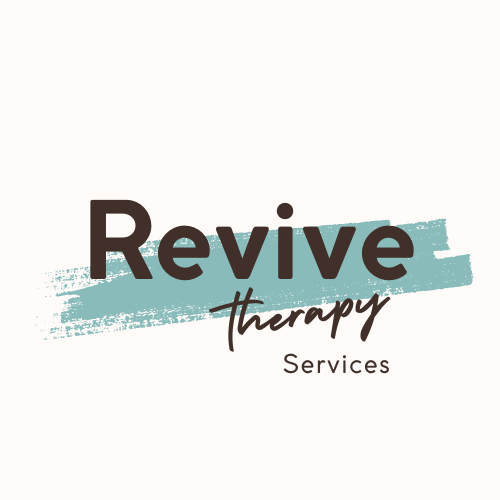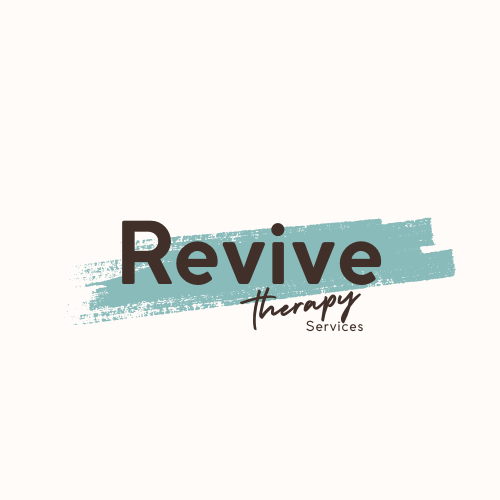Your Weight Doesn’t Determine Your Health
“Health isn’t something you can wrestle into submission by sheer force; certain circumstances beyond our control- genetics, socioeconomic status, experiences of stigma, environmental exposures- can affect our health outcomes.” - Christy Harrison
The weight loss myth.
We’ve been told our entire lives that how much you weigh directly impacts your overall health. It’s been drilled into our brains that fat is bad. If you are above the “normal” BMI range, your health is compromised. Maybe not now, but it will be in the future.
We’ve even been told that obesity kills. In fact, the United States government created what we refer to as the “Obesity Epidemic” in the 1990s. It was drilled into our brains that if you were above a BMI of 30, your mortality risk increases. The government highlighted the most important thing was to get your weight down to a “normal” BMI. I’m sure you know about all of the fad diets where you were told if you followed them, you could lose X amount of pounds in 1 week. Pop culture also started to reinforce this belief, remember the Biggest Loser? Contestants were praised for losing significant amounts of weight in short periods of time, despite weight loss recommendations from the National Institute of Health. *Details surrounding this may be triggering for some.
The United States government-funded research reinforced this idea that being overweight increased your risk for mortality. However, what was not advertised to the public was that its own research found that “even severe obesity failed to show up as a statistically significant mortality risk” (Gibbs, 2005) and that “being overweight may actually be protective” (Flegal, 2005). Just take a second and read that again. Through the government's OWN research, it found that obesity doesn’t really determine someone's mortality risk. In fact, it showed that being overweight might even protect you from health risks.
Our bodies aren’t built to lose weight.
The section of your brain, the hypothalamus, is what primarily helps regulate weight. It sends messages to the rest of your body regarding hunger and fullness cues. It also sends out messages about the rate at which your body burns energy, AKA, calories. When we diet, we are essentially engaging in restriction. Our bodies are incredibly adaptive and will pick up when we start restricting food. When we restrict food, the only way our bodies interpret this is that we are in a famine. Our bodies are hardwired to keep us alive and any sign that life might be threatened, it does whatever it can to protect us. So although you know you do have access to food, your brain believes otherwise. In order to counteract this, your body will put up a fight. Will-power goes straight out the door! Here is what happens when we continue to restrict over a long period of time: “Underfed people experience lower energy levels, apathy, dizziness, intolerance to cold, slower metabolism, preoccupation with food, intense hunger, and cravings, decreased sex drive, general irritability, and depression, amount other characteristics” (Bacon, 2010)
This idea that our bodies aren’t supposed to lose weight can be scary. It’s been drilled into our brains that thinner means healthy and fatter means unhealthy. This just isn’t true. Our bodies are actually pretty great at maintaining weight at our set point. Setpoint is where your weight naturally wants to be to keep you at your healthiest. How do you figure out your set point? It’s the weight you maintain when you’re truly listening to your body's hunger and fullness cues. It's the weight that’s maintained when you no longer fixate on your weight or food. And it’s the weight you will keep returning to between diets (Bacon, 2010).
What is health then if it’s not our weight?
Health at Every Size (HAES) is a concept developed out of the idea that weight doesn’t determine health and dieting is actually more harmful than helpful. Linda Bacon, the founder of HAES, studied this concept and found that the women in their research program who engaged in HAES showed more health benefits than women who engaged in traditional diets. The HAES women showed a decrease in bad cholesterol and blood pressure. They also were 4x more active and reported “enjoying their bodies more.” Their self-esteem and body image become more positive. The diet group’s results didn’t show any improvement in cholesterol, blood pressure, depression, activity levels etc. In fact, some of these worsened for participants in the diet group. Here is the kicker, the HAES group didn’t lose weight but their health improved dramatically (Bacon, 2010).
Shift your focus away from weight loss
So what is Health at Every Size? It is the idea that health comes from the behaviors we engage in, not the number on the scale. Our bodies thrive when we engage in physical movement, consume foods that help meet their needs, and when we engage in behaviors that help decrease stress.
Instead of removing foods because they’re unhealthy, focus on adding foods. It’s honoring your hunger cues and cravings. Go and have that slice of pizza because it’s good! Add to it by eating your favorite veggies on the side...not because you're on a diet, but because you know that eating veggies helps your overall health. If you’re not sure where to start, reach out to a therapist who specializes in disordered eating to help you start!
Exercise shouldn’t be a source of misery. Find movement that makes you feel good. For some that might mean dancing around the house to their favorite music. For others, it may mean going to the gym. It may even mean taking a step away from your current exercise routine because it’s actually causing more stress.
Let’s talk about sleep! We undervalue the importance of sleep. You need sleep. Point blank period. Sorry, it’s non-negotiable. If you’re wanting to focus on improving your health, a great way to start is by seeing how much sleep you're getting. If you’re an adult, you need to be getting at least 7 hours of sleep. Make this a priority. This might mean intentionally going to sleep an hour earlier. It’s also not just about how many hours you're getting, it’s also the quality. If you’re waking up in the middle of the night frequently, talk to your doctor.
Lastly, and just as importantly, your mental health. When was the last time you truly checked in with yourself about how you are feeling about life right now? How are your stress levels? Do you enjoy the work you do? What does your personal life look like? Are you taking your medicine and talking to a therapist? Mental Health can impact your overall physical health. It can increase the likelihood of developing diabetes, heart disease, and even strokes.
To sum up it all up.
Here is what we can take from this:
Despite what we’ve been told, being overweight in itself doesn’t determine your overall health.
Focusing on improving one's health by losing weight typically means engaging in behaviors that can be more harmful than helpful.
Health is related to behaviors, not the number on the scale.
What if I don’t know how to get out of the dieting mindset?
Removing yourself from the narrative that health is dependent on weight is no easy battle. Changing your relationship with food and exercise can seem like a foreign and confusing idea. You don’t have to go through this alone. Revive Therapy Services specializes in helping people just like you! We love working with people who struggle with body image, eating disorders, disordered eating, and trauma.
Set up an intake call with Hannah!
Go to your first appointment!
Citations:
Bacon, Linda. Health at Every Size: The Surprising Truth About Your Weight. Dallas, TX :BenBella Books, 2010.
Gibbs, W., “Obesity: An Overblown Epidemic?” Scientific American. Vol June; 2005
Flegal, Katherine M., et al., “Excess deaths associated with underweight, overweight, and obesity.” Journal of the American medical association 293, no. 15 (2005)

